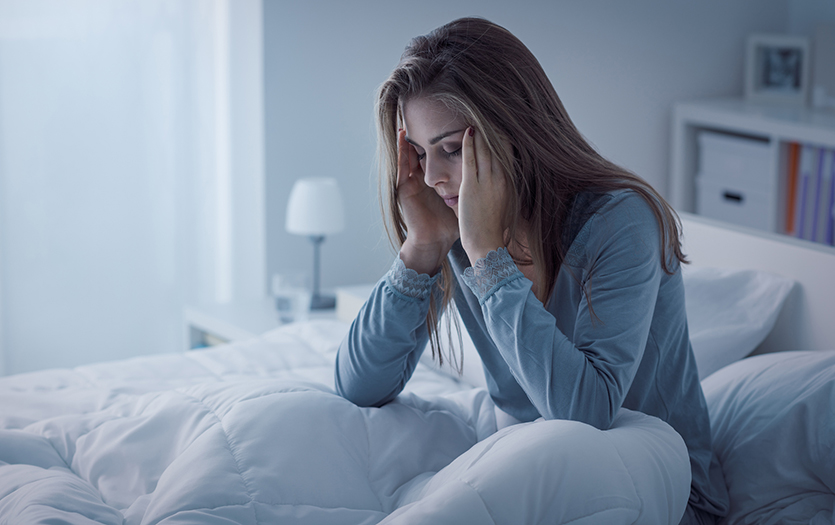
It’s Friday night and you’re out with some friends after a long work week. You end up ordering a drink, and before you know it, you’ve consumed four glasses of alcohol within a couple of hours. You start to feel the effects and decide to call it night, ready for a good night’s rest. While this scenario may seem harmless, a new study has found that a single episode of binge alcohol drinking can lead to a disruption of sleep homeostasis. Although the study was done on mice, the results showed changes at a genetic level and raises equivalent concern for humans.
From prohibition to present day, alcohol has played a significant role in American culture, although not without consequence. Alcohol consumption leads to approximately 2.8 million deaths annually and is one of the leading risk factors of premature death for individuals 15 to 49 years of age worldwide.
While the list of hazards associated with adult beverages is extensive, here, Aaron Roberts, MD, PPG – Sleep Medicine, offers a closer look at the effects of alcohol on sleep and overall health.
How alcohol effects sleep
As stated earlier, alcohol can lead to significant sleep disruption through changes at the genetic level. It can also make you very sleepy, which is why a lot of people resort to having an alcoholic beverage before bed to help them fall asleep. In fact, alcohol is one of the most commonly used over-the-counter sleep aids in America.
Although it is a potent sleep promoter, alcohol is quickly metabolized by the liver and causes multiple problems during the second half of the night. These include nightmares, frequent nighttime awakenings and chronic insomnia, to name a few. This is the reason why some individuals will have very vivid dreams after a night of binge drinking. Alcohol will also worsen other sleep disorders such as obstructive sleep apnea (OSA), since it is a central nervous system depressant.
How much is too much?
So, how much alcohol is considered a “safe” amount to consume? New research has come out suggesting no amount of alcohol consumption is safe. While it has long been thought that drinking a glass of wine can protect the heart through its antioxidant properties, the most recent research shows the risks are outweighed by the benefits associated with alcohol. The most drastic risks being certain types of cancer and death. Keep in mind, not all people will react to alcohol the same and factors such as age, sex, ethnicity and genetics will all contribute to an individual’s response to alcohol. For example, over 1/3 of Asians are unable to drink alcohol without a flushing reaction due to a buildup of acetaldehyde, since they are missing a key enzyme that breaks down alcohol to its by-products.
The big takeaway
This information will likely be met with a wide range of reactions and some might dismiss it since the research is relatively new. Whether you find yourself savoring the same bottle of wine for a month, or consider yourself a regular and the local watering hole, I would encourage you to strongly take your alcohol consumption into consideration when it comes to your sleep health.
Consuming a lot of alcohol is like consuming red meat – it may seem like a good idea at the time and give you pleasure, but it may contribute to numerous problems down the road. If you value your sleep and quality of life, I would recommend you do everything you can to promote better sleep and overall health.
If you are concerned about your sleep, and think there might be a bigger issue, speak with your primary care provider to see if a referral to PPG – Sleep Medicine might be beneficial. If you need help scheduling an appointment or establishing care with a provider, our Access Center can help. Call any time, at 877-PPG-TODAY or 877-774-8632 for assistance.



